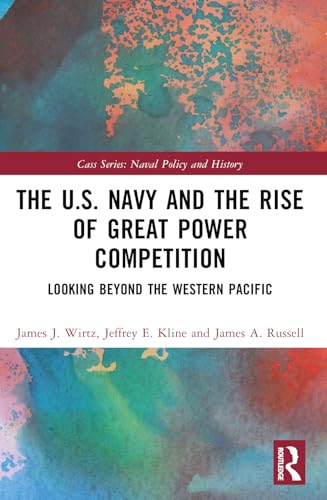
Crisis
by Henry Kissinger
"The Anatomy of Two Major Foreign Policy Crises"
Popularity
3.99 / 5
* A book's popularity is determined by how it compares to all other books on this website.
Where to buy?
Buy from Amazon* If you buy this book through the link above, we may receive a small commission at no extra cost to you.
Crisis by Henry Kissinger
Details
War:
Cold War
Perspective:
Commanders
True Story:
Yes
Biography:
No
Region:
Middle East
Page Count:
584
Published Date:
2003
ISBN13:
9780743249102
Description
Brief Summary
Crisis by Henry Kissinger offers an insightful look into the high-stakes world of international diplomacy during two pivotal events of the 20th century: the Yom Kippur War in 1973 and the concluding days of the Vietnam War. The book features portions of unpublished transcripts from Kissinger's telephone conversations, providing readers with a behind-the-scenes view of the strategies and decisions that shaped global politics during these periods of tension and crisis.
Main Themes and Topics
The predominant themes in Crisis revolve around diplomatic strategy, crisis management, and the complexity of international relations. Henry Kissinger, through his detailed transcripts, highlights the challenges and pressures faced by political leaders in responding to rapidly evolving conflicts. The book delves into the intricacies of statecraft and negotiation, illustrating how diplomatic dialogue can potentially avert catastrophe. Furthermore, it documents the immense responsibility carried by government officials to maintain international stability.
Writing Style and Tone
Kissinger's writing in Crisis is marked by a clear and formal style that mirrors the gravity of the topics discussed. The tone is analytical and often reflective, as Kissinger invites readers to witness the complexities of his decision-making processes. Despite the academic nature of the content, the transcripts provide a conversational authenticity, making the diplomatic exchanges accessible while maintaining the book's intellectual rigor.
Criticism
While Crisis has been praised for its in-depth portrayal of diplomatic exchanges, some critics have noted that the book's reliance on telephone transcripts can at times lead to a fragmented narrative. This format may challenge readers seeking a more cohesive storytelling approach. Additionally, although Kissinger offers comprehensive documentation of his own communications, the book is limited by the singularity of his perspective, potentially omitting viewpoints from other key figures involved in these historical events.









